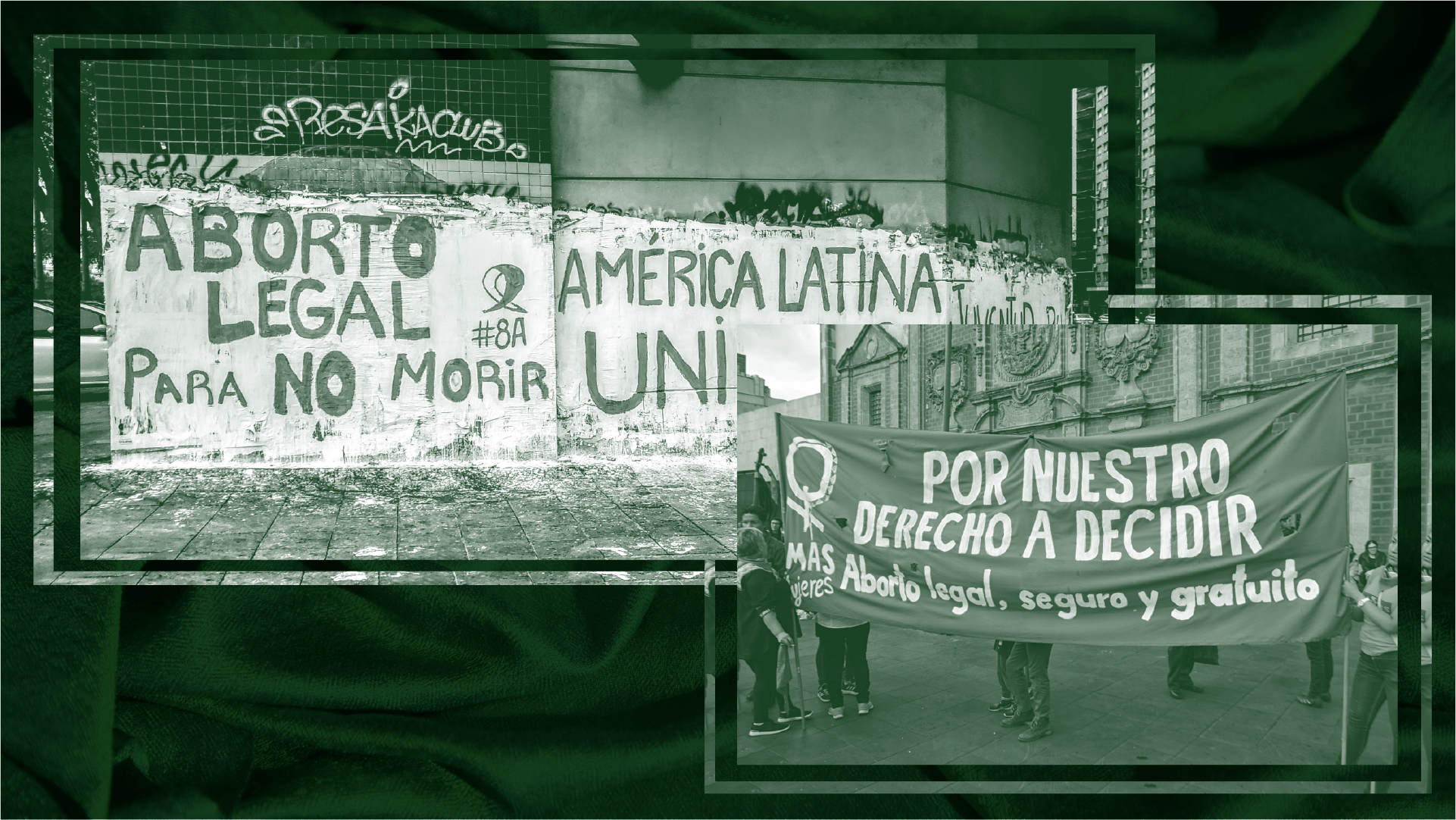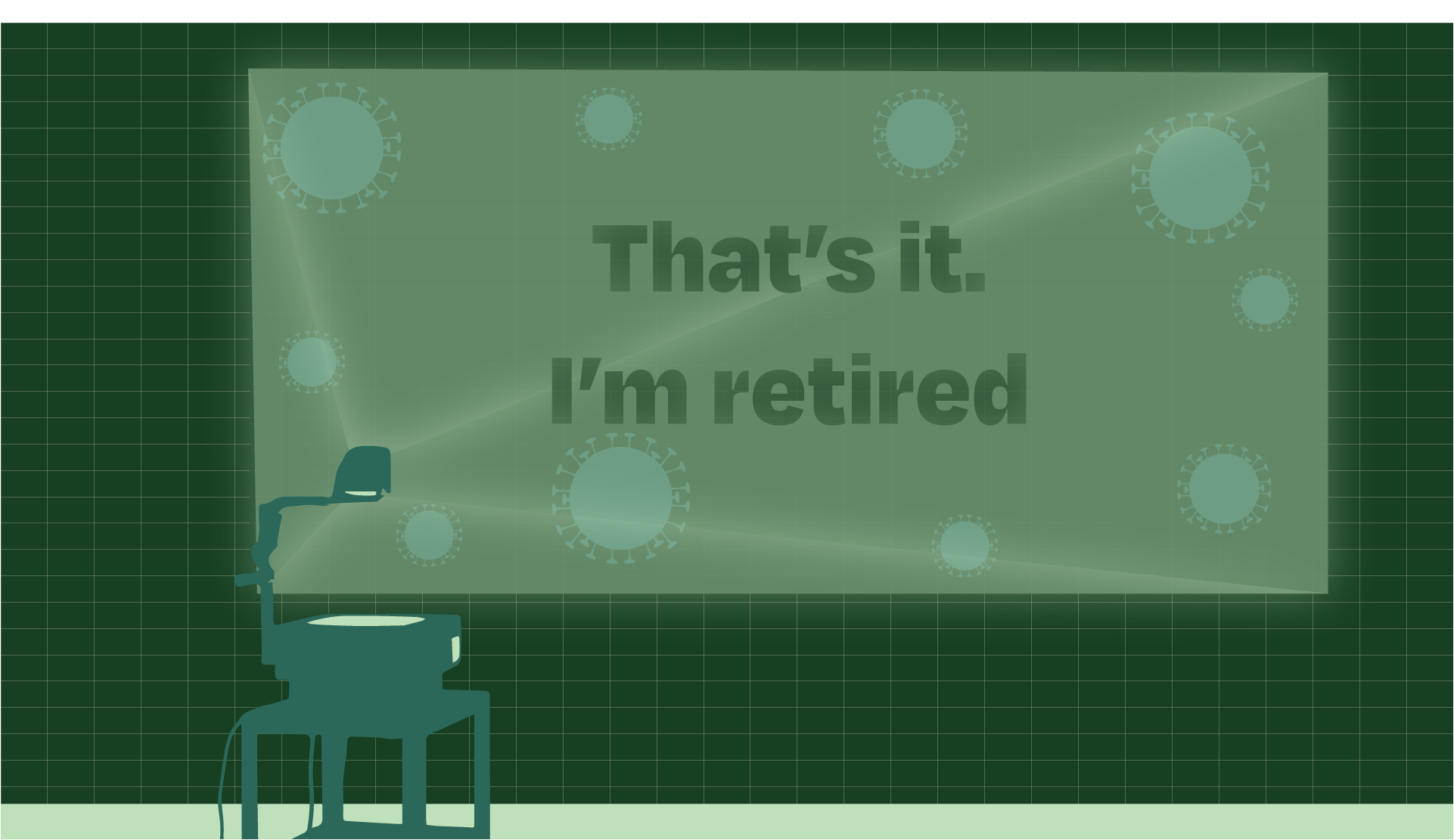
NYC Announces End of Solitary Confinement for Inmates With Underlying Health Conditions
Does the decision go far enough?
New York City will end the use of solitary confinement for some of its inmates, Mayor Bill de Blasio announced on Monday. The ban — which will go into effect immediately — is just the first step of the mayor’s plan to completely eradicate the practice. De Blasio’s decision comes after the murder of George Floyd by the hands of the Minneapolis Police Department sparked weeks of nation-wide protests on policing and criminal justice.
Incarcerated people suffering from seizures, asthma, diabetes, heart disease, lung disease, kidney disease, and are treated with any blood thinners will no longer be placed in solitary confinement — sometimes called punitive segregation. People who are blind, deaf, have limited mobility, and those under the age of 21 will also be protected under the new rule.
“We are doing that literally starting today,” de Blasio said during Monday’s press conference. “But we have to go further. So, let’s take the next step. Let’s end solitary confinement altogether.”
The mayor announced the creation of a panel that would oversee the elimination of solitary confinement. The panel includes Board of Correction Vice-Chair Stanley Richards as its head, the Department of Correction Commissioner Cynthia Brann, Just Leadership USA President DeAnna Hoskins, and the Correction Officers’ Benevolent Association President Benny Boscio. According to the New York Daily News, however, that it is unclear whether Boscio — a newly appointed union head — will actually join the panel.
State Senator Luis Sepúlveda — representative of the 32nd District in the Bronx and chairman of the Crime Victims, Crime, and Correction Committee — said in an interview with The Interlude that the decision was undoubtedly a “step in the right direction.” However, he expressed his disappointment with the panelists.
“I would like to have seen mental health professionals on that list,” he said. “I would like to have seen social service specialists on that list. I would like to have seen people who are more on the rehabilitation side.”
The detrimental effects of solitary confinement on the mental health of those incarcerated have been well documented. In a 2018 article for the Annual Review of Criminology, social psychologist Craig Haney writes that “extreme social isolation and the deprivation of positive environmental stimulation” places prisoners at “serious psychological risk.” While the effect on different inmates varies, the “risk itself is substantial, and it is typically impossible to determine at the outset of a prisoner’s exposure whether and how he or she will survive and at what psychological cost.”
In 2015, the severe effect of solitary confinement on the mental health of inmates was thrust into the national spotlight after a young Black man — Kalief Browder — took his own life at his family home in the Bronx. In 2010, he was sent to Rikers Island for three years after allegedly stealing a backpack even though he never stood trial and was never found guilty of the crime. Nearly two of those years were spent in solitary confinement. Jeniffer Gonnerman, who profiled Browder for The New Yorker in 2014, later told the New York Times that his mental health had been deteriorating and that had been hospitalized in a psychiatric ward at Harlem Hospital Center. Browder was 22 when he died.
The United States criminal justice system is notoriously and savagely punitive where strict sentencing guidelines, hierarchical social structures, and lean budgets leave little room for rehabilitation.
“The United Nations has visited our prisons and has determined that solitary confinement, the way we have it is torture,” Sepúlveda said. “If you look at all the data on solitary confinement you see that it doesn’t improve behavior. Most of the individuals that go into solitary confinement come from Black and Brown and poor communities. Many of them are suffering from mental illness. And, if you put them in solitary confinement you’re going to make them worse.”
Sepúlveda has been working on the issue of solitary confinement ever since he was elected in late 2018. He is also the main sponsor of Senate Bill S1623, which would restrict the use of solitary confinement and create alternative therapeutic options for inmates across New York state. Despite his track record and the wealth of information his team has amassed in the last two years, Sepúlveda said that Mayor de Blasio never reached out for help or advice.
“I think the mayor should’ve expanded that committee,” he said. “Individuals like myself, who’ve been working on this issue for a long time. Or my counterparts in the City Council and in the State Assembly. We all should’ve been included in that panel and it’s unfortunate that we weren’t.”
The mayor’s decision comes after the Department of Correction finally disciplined 17 staffers and suspended the pay of four others involved in the death of Layleen Xtravaganza Cubilette-Polanco, a 27-year-old transgender woman suffering from epilepsy. Cubilette-Polanco died from a seizure while in solitary confinement on Rikers Island last year. A medical professional refused to approve her transfer to solitary confinement over concerns about her pre-existing medical condition. Yet, Cubilette-Polanco was placed in solitary confinement anyway.
De Blasio’s appointed panel will have until the fall to come up with a long term plan to end solitary confinement. In a statement, the Legal Aid Society, a leading social justice law firm in New York City, said that Mayor de Blasio’s decision “dead-ended” years of reform work.
“We cannot wait until the fall,” the statement read. “The City should end solitary confinement under any name today, and the Board of Correction should promulgate rules at once that address all forms of isolated confinement.”
Sepúlveda echoed this sentiment, but also expressed some concern about the newly appointed panel’s ability to get it done.
“We’ve been on this for a long time,” he said. “But, I can’t really tell you if the fall is really sufficient enough time for them.”


